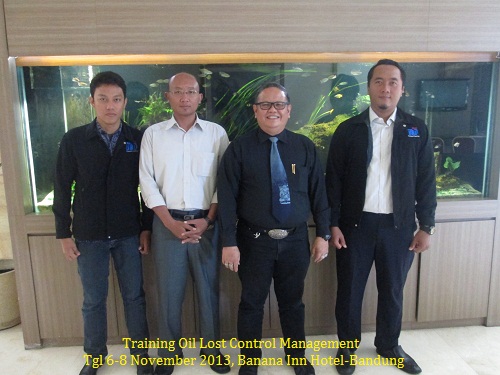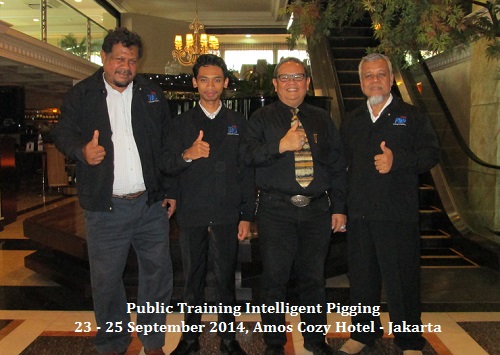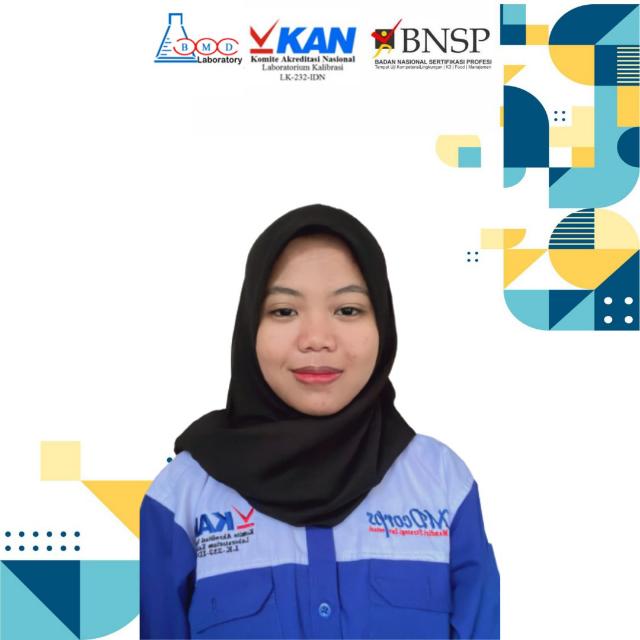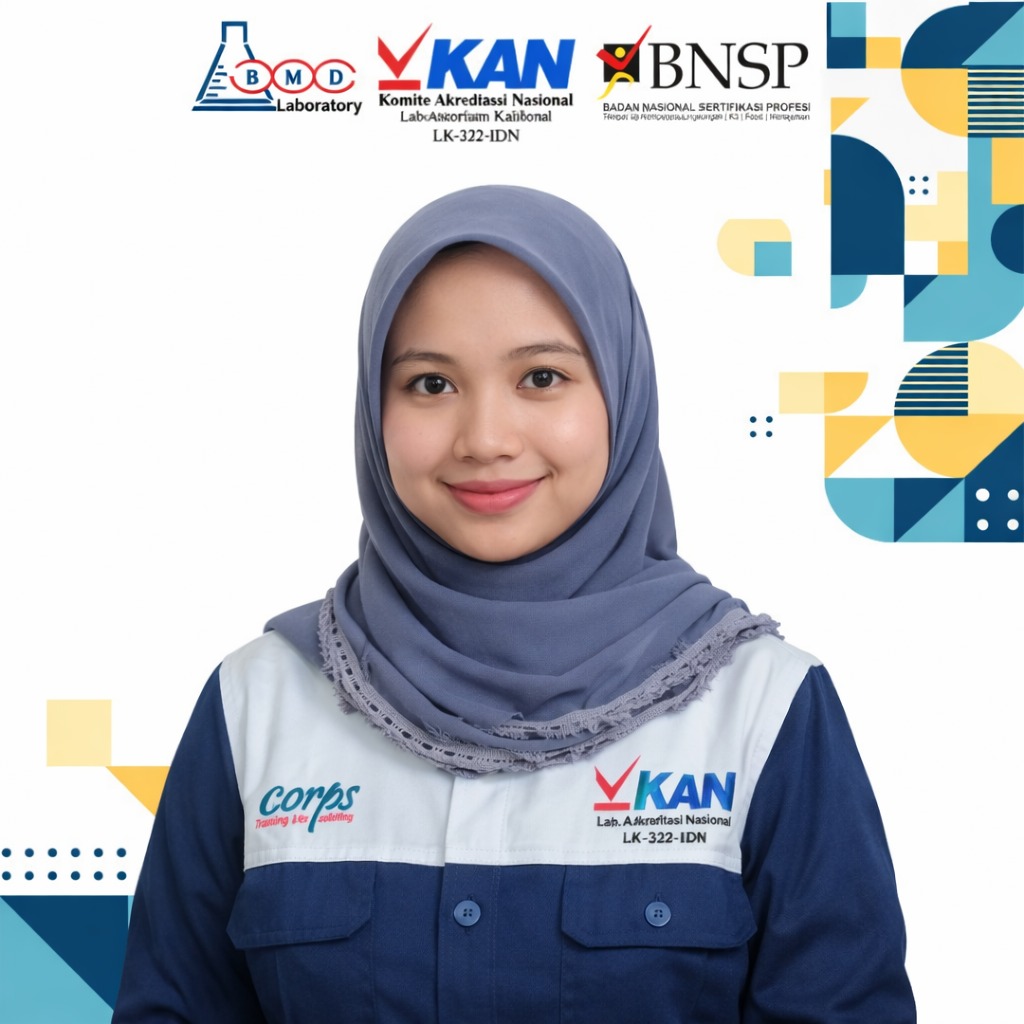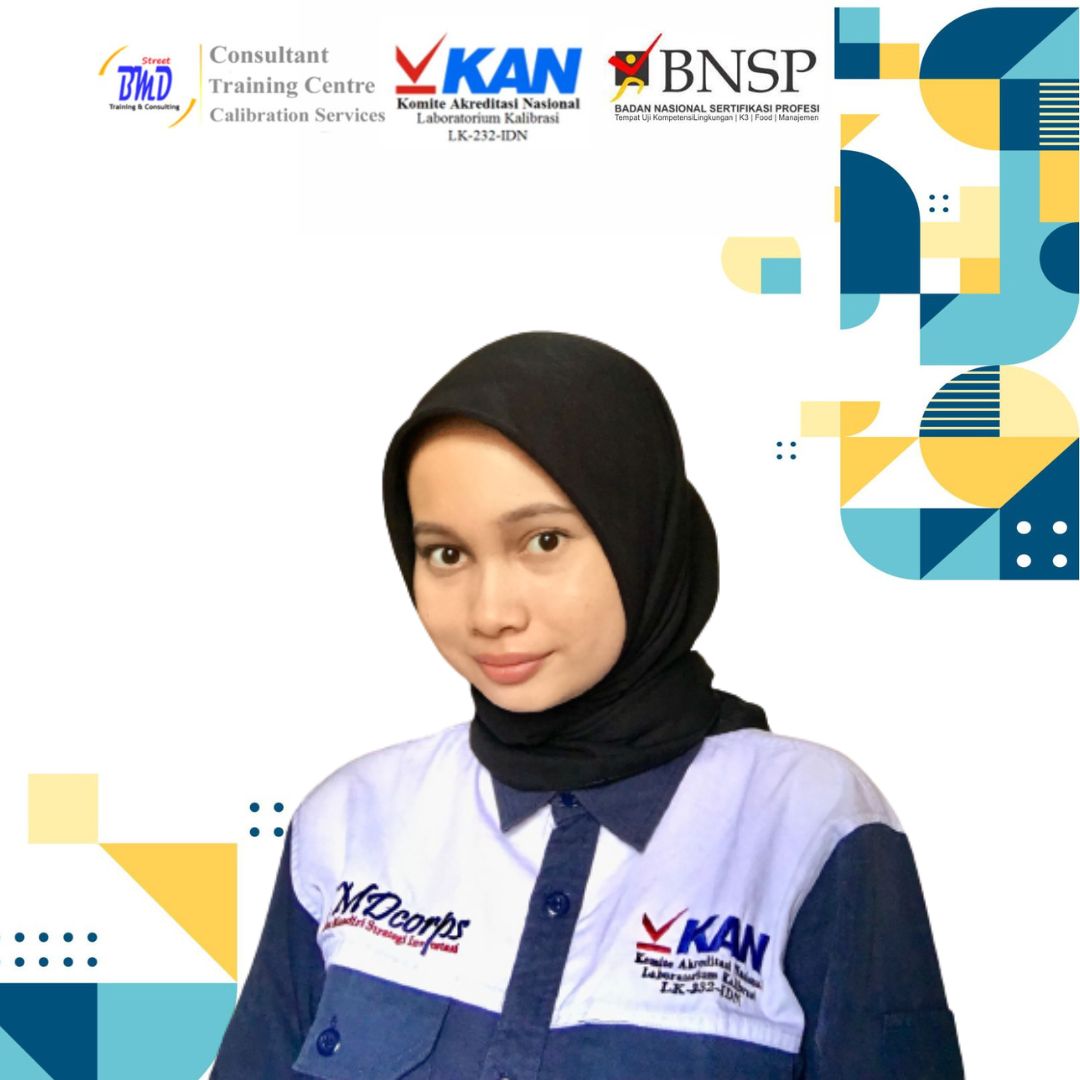LATAR BELAKANG :
- Merupakan salah satu masalah lubang sumur di operasi pemboran
- Menyebabkan timbulnya biaya ekstra yang cukup besar
- Berpotensi menyebabkan hilangnya sebagian atau semua fasilitas pemboran di lapangan karena kick dan blow out yang tidak terkontrol
- Menunda waktu produksi sumur (POP)
SASARAN :
- Mengetahui gejala kejadian kick dan blow out.
- Mengetahui kerugian akibat kick yang tidak terkontrol atau blow out.
- Mengetahui usaha pencegahan terjadinya blow out.
- Mengetahui cara mengidentifikasi mekanisme kick yang terjadi.
- Mengetahui kronologi terjadinya kick dan blow out dan cara penanggulangannya dengan Well Control.
PESERTA YANG DIREKOMENDASIKAN :
Latar belakang : Operator/ Sr. Operator/ Jr. Engineer/Non Engineer
MATERI TRAINING :
Well Control Introduction
- Introduction to course
- Basic Concepts
- Liquid Hydrostatics
Gas Behavior and Hydrostatics
- Ideal Gases
- Effect of Temperature
- Real Gases
- Critical Temperature & Pressure
- Pseudo-Critical Temp. and Press.
- Gas Compressibility
- Gas Migration
Kick and Gas Migration
- Density of real gasses
- Equivalent Mud Weight (EMW)
- Wellbore pressure before and after kick
- Gas migration rate – first order approx.
- Gas migration rate – w/mud compressibility
Gas Solubility
- Solubility of Hydrocarbon Gasses in Oil
- Solubility of Non-Hydrocarbon Gasses in Oil
- Solution Volume Factors
- Oil Mud Recommendations
Pore Pressure Prediction
- Mud Weight and Pore Pressure
- Mud Weight and Fracture Gradient
- Normal Pore Pressure
- ubnormal Pore Pressure
- Abnormal Pore Pressure
- Origins of Pore Pressure
- Bulk Density and Porosity vs. Depth
Drilling Rate and Pore Pressure
- Forces on Subsurface Rock
- d-exponent
- dc-exponent
- Rehm and McClendon
- Zamora
- Comb’s Method
- Bourgoyne and Young’s Method
Other Indicators of Abnormal Pore Pressure
- Moore’s Equation – Drilling rate
- Gas in the Drilling Fluid
- Rock Sample Characteristics
- Use of Surge and Swab Pressure to determine Overbalance
- Changes in Drilling Fluid Properties
- Temperature Indications
- Hole Conditions
Logging While Drilling
- Sonic Travel Time
- Resistivity and Conductivity
- Eaton’s Equations (R, C, Dt, dc)
- Natural Gamma Ray
Fracture Gradients 1
- Allowable Wellbore Pressures
- Rock Mechanics Principles
- Hooke’s Law, Young’s Mudulus, Poisson’s Ratio
- Volumetric Strain, Bulk Modulus, Compressibility
- Triaxial Tests
- Rock Mechanics Principles (con’t.)
- Rock Properties from Sound Speed in Rocks’
- Mohr’s Circle
- Mohr-Coulomb Failure Criteria
Fracture Gradients 2
- Radial and Tangential Stresses near the Wellbore
- Stresses in Rock near Wellbore
- Effect of Anisotropic Stresses
- Onshore vs. Offshore Fracture Gradients
- Fracture Gradients in Inclined Wellbores
- Oil Based and Water Based Drilling Fluids
Fracture Gradients Determination
- Hubbert and Willis
- Matthews and Kelly
- Ben Eaton
- Christman
- Prentice
- Leak-Off Test (experimental)
Kick Detection and Control
- Primary and Secondary Well Control
- What Constitutes a Kick
- Why Kicks Occur
- Kick Detection Methods
- Shut-in Procedures
- Soft and Hard Shut-in
- Water Hammer
Off Bottom Kick
- Slugging of drillpipe
- Hole fill during trips
- Surge and Swab pressures
- Kick detection during trips
- Shut-In Procedures
- Blowout Case History
Control Pressures and Circulation Kill Techniques 1
- Shut-In Pressures
- Weighting Up the Mud
- Driller’s Method
- Wait & Weight Method
Control Pressures and Circulation Kill Techniques 2
- Wait & Weight Method
- Concurrent Method
- Annulus Pressure Profiles
- Kicks in Oil-Based Mud
Secondary Well Control Complications
- Volumetric Well Control
- Lubrication
- Complications During Conventional Kill
- Techniques to Reduce Annular Friction
Special Well Control Applications
- Underbalanced Drilling
- Well Control in Unconventional Hole Programs
- Casing and Cementing Operations
Equipments
- High Pressure Equipment
- Control System Equipment and Design
- BOP Inspection and Test Considerations
- Low-Pressure Equipment
- Equipment Arrangement: Design and Philosophy
- Casing
- Casing Heads and Spools
- Stack Equipment
- Choke and Kill Line Equipment
- Drillstem Control Equipment
Offshore Operations
- Equipment Used in Floating Drilling
- Operational Considerations in Floating Well Control
- Shallow Gas Hazards
- Trends in Deepwater Drilling
Investation (Not Include Hotel Acomodation) :
Online Class
Rp.6.100.000/peserta (Harga belum termasuk pajak dan promo)
Normal Class
- Rp. 12.000.000,-/peserta (Jakarta) (Harga belum termasuk pajak dan promo)
- Rp. 12.000.000-/peserta (Bandung) (Harga belum termasuk pajak dan promo)
- Rp. 13.100.000,-/peserta (Yogyakarta) (Harga belum termasuk pajak dan promo)
- Rp. 15.300.000,-/peserta (Bali) (Harga belum termasuk pajak dan promo)
- Rp. 16.100.000,-/peserta (Lombok) (Harga belum termasuk pajak dan promo)
- US$ 4780/peserta (Malaysia) (Harga belum termasuk pajak dan promo)
Available on request for time, place and facilities call us for more information
DURASI
3 Hari
FASILITAS
Normal Class
- Sertifikat, Modul (Soft Copy dan Hard Copy), Flash disc, Training kit (Ballpoint Tas jinjing), Tas Ransel, Jacket, Lunch, 2x Coffe break, foto bersama dan pelatihan dilaksanakan di hotel berbintang
Online Class
- Softcopy Modul dan Sertifikat
INFORMATION & PROMO
Call : 021 756 3091
Fax : 021 756 3291
CONTACT PERSON
081382807230, 0812 8931 1641
Email: [email protected]
Website: https://bmdstreet.co.id
Jadwal Training Blowout Prevention and Well Control tahun 2025 :
- 24-26 November 2025 Bandung
- 22-24 Desember 2025 Bali
Jadwal Training Blowout Prevention and Well Control tahun 2026 :
- 05-07 Januari 2026 Jakarta
- 02-04 Februari 2026 Yogyakarta
- 02-04 Maret 2026 Bandung
- 06-08 April 2026 Surabaya
- 04-06 Mei 2026 Bogor
- 02-04 Juni 2026 Bali
- 01-03 Juli 2026 Jakarta
- 03-05 Agustus 2026 Yogyakarta
- 01-03 September 2026 Bandung
- 05-07 Oktober 2026 Surabaya
- 02-04 November 2026 Bogor
- 01-03 Desember 2026 Malang
Available on request for time, place and facilities call us for more information

